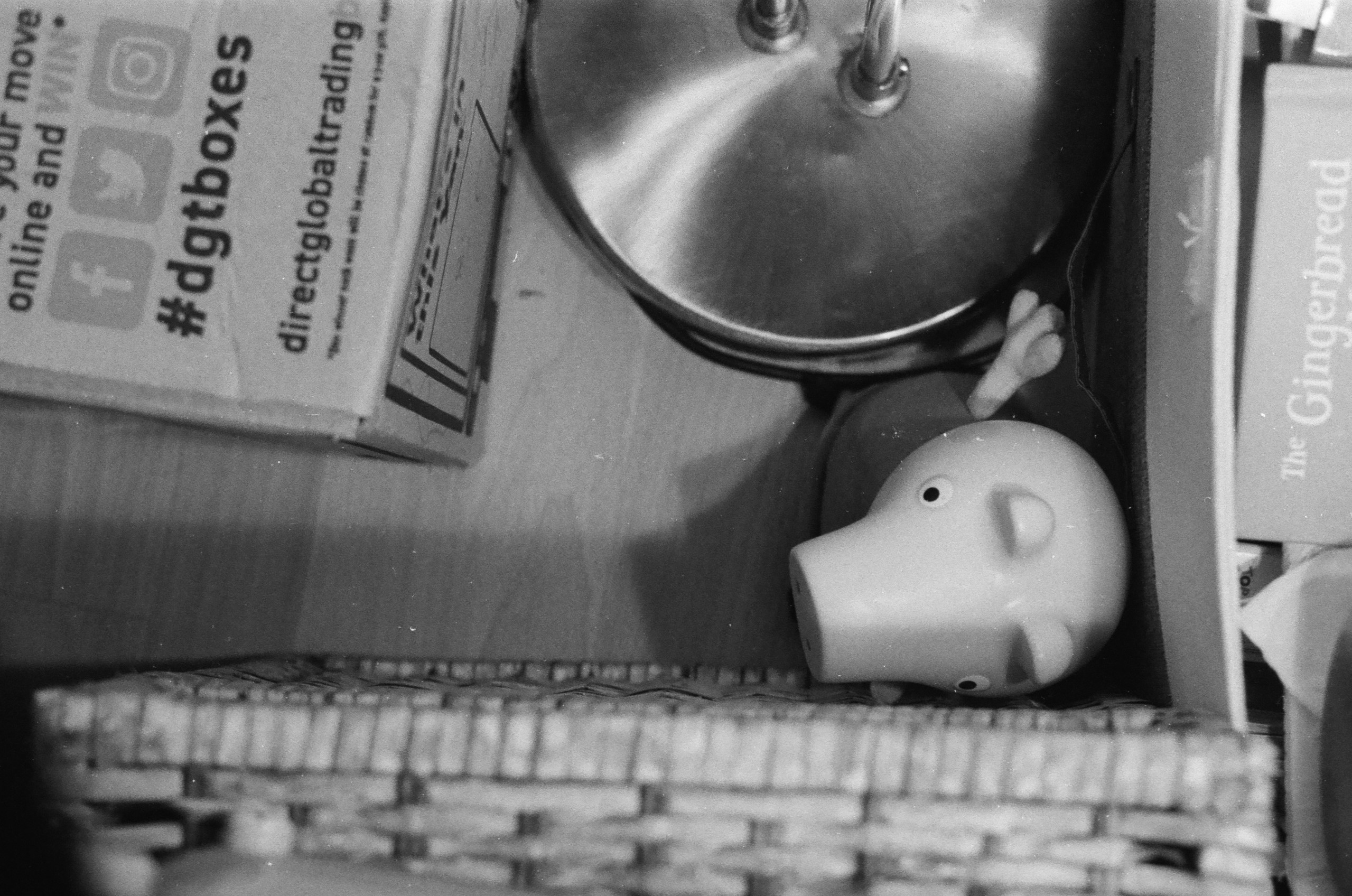In eating disorder treatment, feeling understood as a ‘whole person’ with individual needs can have a powerful and positive impact on recovery
“[During the] second round of therapy… I feel like she did understand me more… as much more of a rounded, whole person, which I think was what I needed at the time, because the form that my eating disorder was taking was a bit more nuanced. It was a bit more insidious and needed different therapy, more nuanced therapy. And for somebody to really understand how it fitted into my life as much more of a whole thing. I can relate to the experience of a therapist not quite understanding, although I do feel really lucky with my experience.”
“Feeling understood [in treatment] can be such an important place of change… when you feel that services really get who you are as a person rather than as a list of symptoms, or a list of what they think the symptoms should be, based on some book from decades ago or whatever.”
However, when the advice given in treatment is too ‘rigid’, this can lead to people feeling like their personal experiences are ‘wrong’ and have a negative impact on recovery
“Some of the food advice felt absurd to me, for example about what constitutes a ‘portion’. I found it really triggering and I lost weight. I feel he didn’t comprehend the idea that if I did a food diary, it would probably come back quite scruffy because I’d have been carrying it round for a week. I felt so misunderstood, but then I thought perhaps he does understand me and I’m the problem.”
“I went into my second treatment so motivated. I had stopped step counting and written a list of things I was working on – things that have been going well, things I need help with, and things where I’m unclear if they’re even a problem… I was encouraged to go back to measuring how far I could walk so I could report it and reduce it.”


